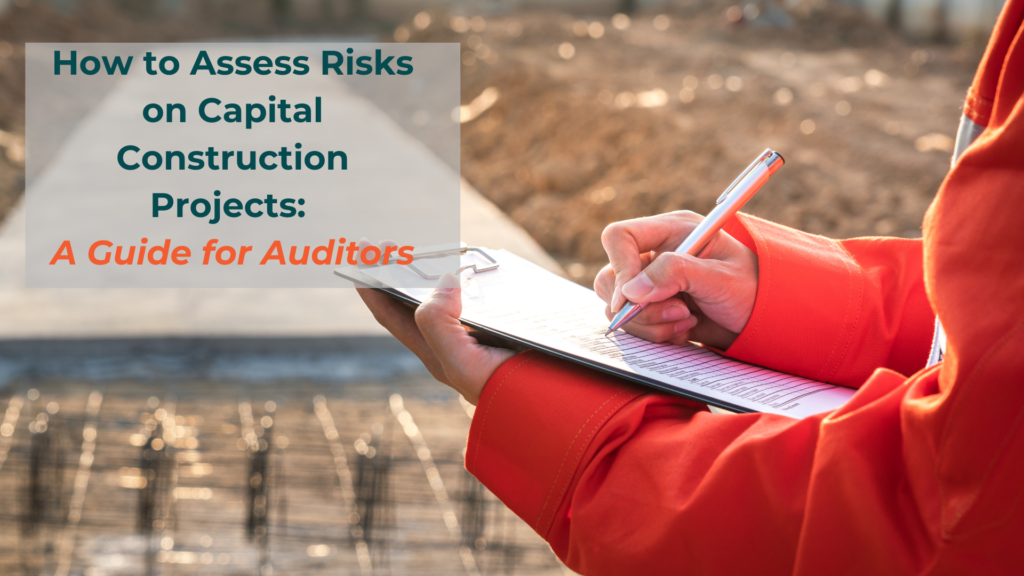
In the world of construction, managing costs effectively is crucial for the success and sustainability of any project. A recent comment highlighted a common yet flawed mindset: “Don’t worry about the costs. The client will pay for it.” This approach, unfortunately, led to the downfall of an engineering firm. In contrast, a philosophy centered on financial vigilance can make all the difference.
The Pitfalls of Ignoring Costs
The belief that clients will cover all costs without question is a dangerous one. It can lead to:
- Budget Overruns: Without careful monitoring, projects can quickly exceed their budgets, leading to financial strain. Budget overruns can result from unexpected expenses, inefficient resource allocation, or unforeseen site conditions. When costs spiral out of control, it becomes challenging to bring the project back on track.
- Client Dissatisfaction: Clients expect transparency and accountability. Unexpected costs can damage trust and relationships. When clients are faced with unanticipated expenses, they may question the competence and integrity of the construction firm, leading to strained relationships and potential loss of future business.
- Business Failure: As seen in the example, ignoring costs can ultimately lead to the collapse of a business. Financial mismanagement can erode profit margins, deplete cash reserves, and create insurmountable debt, ultimately leading to insolvency.
A Philosophy of Financial Vigilance
Adopting a philosophy of financial vigilance involves several key practices:
- Watch the Numbers: Regularly monitor project expenses and compare them against the budget. This helps identify potential overruns early and allows for corrective action. Implementing robust financial tracking systems and using project management software can provide real-time insights into spending patterns and budget adherence.
- Watch for Errors: Mistakes in cost estimation, billing, or accounting can lead to significant financial discrepancies. Regular audits and reviews can catch these errors before they escalate. Establishing a culture of accuracy and accountability within the team ensures that financial data is meticulously reviewed and validated.
- Check with Accounting Regularly: Maintain open communication with the accounting team to ensure all financial data is accurate and up-to-date. This collaboration helps in making informed decisions. Regular meetings with the accounting department can provide valuable insights into cash flow, expenditure trends, and financial forecasts.
- Bring in Help for Validation: Engaging external experts for validation can provide an unbiased perspective and ensure that all financial aspects are thoroughly reviewed. This proactive approach can prevent costly mistakes. Independent auditors or financial consultants can offer objective assessments and recommendations for improving financial management practices.
The Benefits of Financial Vigilance
By adopting these practices, construction firms can achieve several benefits:
- Improved Financial Health: Keeping a close eye on costs helps maintain a healthy cash flow and ensures the project stays within budget. Effective cost management minimizes the risk of financial shortfalls and ensures that funds are available for critical project phases.
- Enhanced Client Trust: Transparency and accountability build trust with clients, leading to long-term relationships and repeat business. Clients appreciate firms that provide clear, detailed, and accurate financial reports, fostering a sense of reliability and professionalism.
- Sustainable Business Growth: Effective cost management contributes to the overall stability and growth of the business. By avoiding financial pitfalls and maintaining profitability, construction firms can invest in new opportunities, expand their operations, and achieve long-term success.
Real-World Examples of Financial Vigilance
- Case Study 1: A commercial building project faced delays due to unexpected weather conditions. By implementing a robust risk management plan and adjusting the project schedule, the team was able to minimize the financial impact and complete the project within budget. The proactive approach included setting aside contingency funds and regularly updating the client on progress and financial status.
- Case Study 2: A residential development project experienced supply chain disruptions. The project manager established strong relationships with multiple suppliers and created a buffer stock of critical materials, reducing the impact of delays on the budget. This strategy ensured that work continued smoothly despite external challenges, demonstrating the importance of foresight and adaptability.
Conclusion
In conclusion, the philosophy of “watch the numbers, watch for errors, and check with accounting regularly” is essential for the success of construction projects. By prioritizing financial vigilance and bringing in help for validation when needed, construction firms can avoid the pitfalls of budget overruns and ensure their long-term sustainability. Embracing these practices not only safeguards the financial health of the project but also enhances client satisfaction and fosters a culture of accountability and excellence within the organization.







